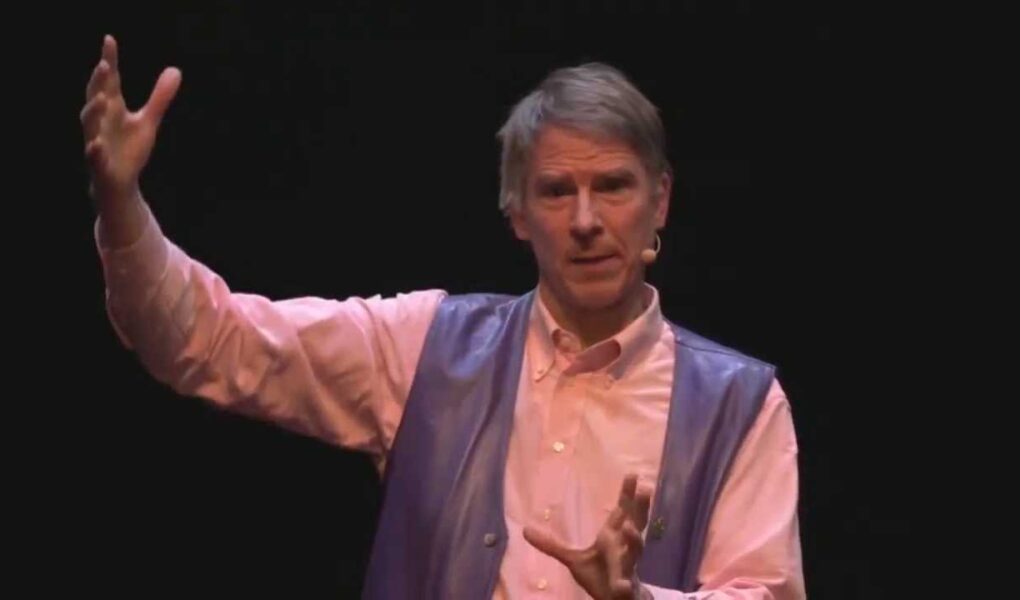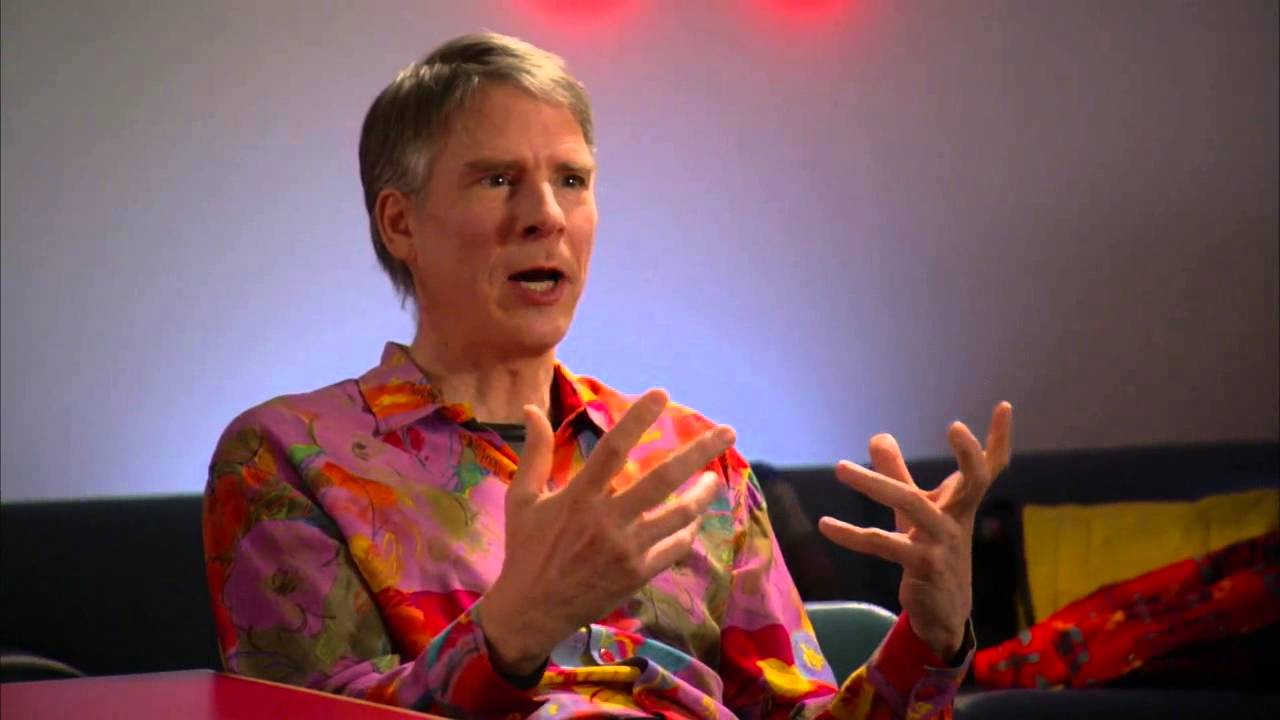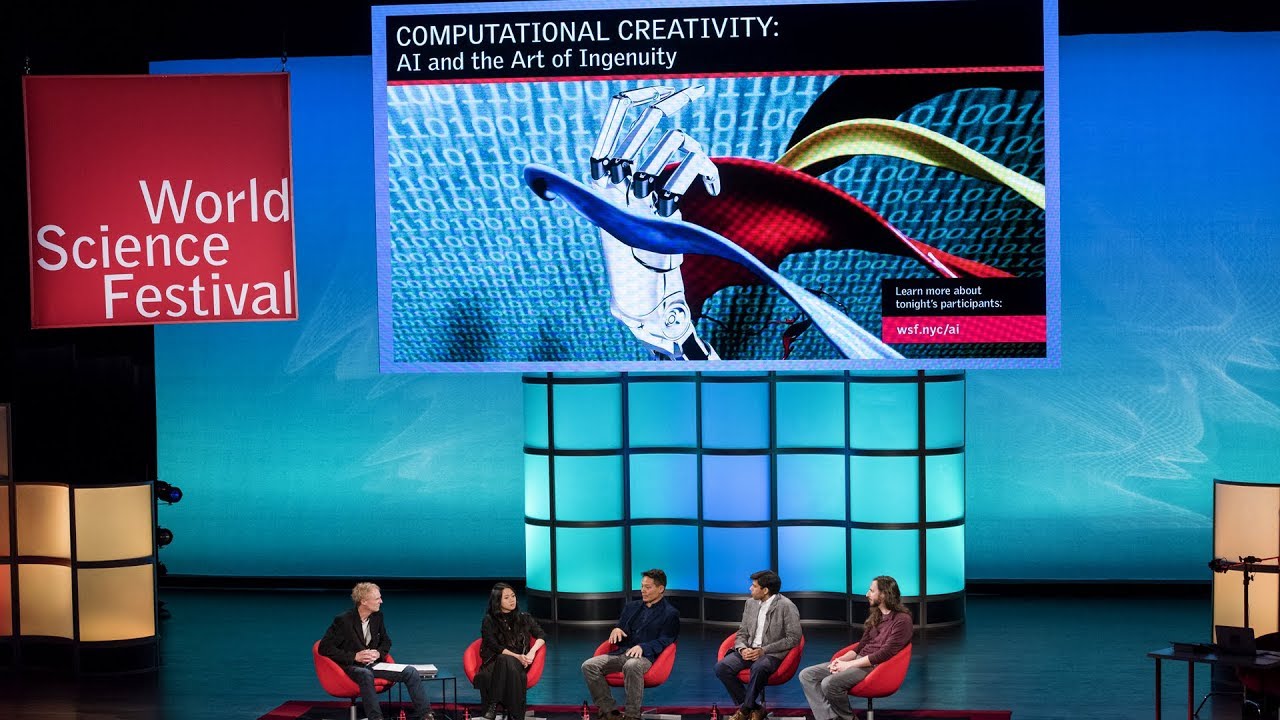TEDx Talks
Does your dog experience conscious thought? What about your neighbor? How can you be sure? This is a difficult challenge for researchers, given the need for objectivity. Neuroscientist Christof Koch explores the relationship between brains, behavior, and consciousness.
Born in the American Midwest, Christof Koch grew up in Holland, Germany, Canada, and Morocco. He studied Physics and Philosophy at the University of Tübingen in Germany and was awarded his Ph.D. in Biophysics in 1982. Following four years at MIT, Christof joined the California Institute of Technology as a Professor in Biology and Engineering. After a quarter of a century, Christof left academia to become the Chief Scientific Officer at the not-for-profit Allen Institute for Brain Science in Seattle. He is leading a ten year, large-scale, high through-put effort to build brain observatories to map, analyze, and understand the cerebral cortex. He loves dogs, climbing, biking in Seattle, and long-distance running.
Christof has authored more than 300 scientific papers and articles, eight patents, and five books concerned with the way neurons process information and the neuronal and computational basis of visual perception, selective attention, and consciousness. Together with his long-time collaborator, Francis Crick, Christof pioneered the scientific study of consciousness. His latest book is Consciousness—Confessions of a Romantic Reductionist.
This talk was given November 9, 2013 in Seattle at TEDxRainier, a local TEDx event, produced independently of the TED Conferences.
TEDx is a program of local, self-organized events that bring people together to share a TED-like experience. At a TEDx event, TEDTalks video and live speakers combine to spark deep discussion and connection in a small group. These local, self-organized events are branded TEDx, where x = independently organized TED event. The TED Conference provides general guidance for the TEDx program, but individual TEDx events are self-organized.* (*Subject to certain rules and regulations)
Source




it does not matter how much you sugar coat it.. YOU JUST DON'T KNOW
Christoph Koch wants us to take him seriously while he is dressed as a lion tamer at the zoo.
Dog doesn’t have an eternal soul. You don’t know Christianity
“Behaviour of all humans similar” – it applies to animal only, not humans.
Animals also has soul , so are many animalistic humans; but they are not part of universal consciousness – collective consciousness of mankind.
Useless talk on what is consciousness; must focus on humanity consciousness.
A striking resemblance to Han Solo from Star Wars..
Because we are taught that life is light, and death is dark, of course most humans want to believe that consciousness extends beyond death of the physical bodies.
I suggest it's as likely that human personal consciousness extends beyond death of the material body, as it is, that personal consciousness of a dog or a cat extends beyond death of what was their material bodies. “I regard the brain as a computer which will stop working when it’s components fail. There is no heaven or afterlife for broken down computers; that is a fairy story for people afraid of the dark.” Stephen Hawking
What if The Internet actually has a consciousness and it it sending us messages somehow somewhere right now?
Nobody can explain consciousness properly because consciousness is the subjective not objective


ॐॐ
"all multicellular organisms have conscious experience"
I'd marry this man and have his children. Unfortunately, I'm 66yrs old and married. Maybe the next life.
Why didn’t elephants or whales take over the world?
food for thought: seven years ago phone tech was no where near as advanced as it is now; now there is a high power, wireless connection to the internet for almost every person on the planet- in their pocket. devices that through complex algorithms know their owners almost better than they know themselves. All connected. I'd be curious to see what this dude would have to say about the internet as a concious entity today.
There couldn’t possibly be any more of a German accent…
There must have been a marginal survival advantage for consciousness to evolve, despite the added energy consumption required for it. What fascinates me is not so much the bio-genetic explanation of its evolution but what man must have experienced when first he became conscious*. Is there a spectrum of consciousness? As in, perhaps, a worm has zero at one end whilst the other is 100% consciousness? I don't know, indeed, is there an upper bound?** Where are we on this spectrum? Pretty close to the left (zero) end, I'd think. Where are other sophisticated mammals (any animals) on this spectrum, especially those that 'appear' to communicate with others in their special or family group (bees for example).
* What does consciousness mean? If beings evolve consciousness (as at least one species has) and a conscious being is conscious of its consciousness (as we humans appear to be)? Can there be a second and third etc. derivative of consciousness? Can there be such a thing as 'The Calculus of Consciousness'? If so, they we humans are certainly conscious of our consciousness (2nd derivative). Does this means that there could exist conscious beings that are not conscious of their consciousness? That is, beings (animals) that are at the 1st derivative of consciousness. The are indeed conscious just not aware of it.***
** Perhaps the limit of evolution? Surely there must be a limit: a biological being must be limited in size, input energy requirement etc. If true, which theoretically I think it is, then that would imply a limit to physical brain size and neuron density. Thus a limit to consciousness, if not evolution itself.***
* Has anyone ever asked if evolution has a limit?
** Am I talking bollocks here? if so, I am not conscious of it. And Can I get to 5 stars?***
*** Seems so !
Seems right
Professor Koch indicates that when one gets down to space, time , matter , energy and consciousness, one has hit "rock bottom" of reductionism. This can be sort of a problem for reductionism as a way of thinking and , more importantly, a way of life. One can't reasonably stop there. The question gets more complicated and complete when matter is investigated down to atomic and subatomic levels where theories involving quantum mechanics must become involved. Other theories of consciousness including those of Stuart Hameroff and Roger Penrose as well as Henry Stapp take these necessary concepts into account and seem to put a lot of meat on the bones of the theories outlined in this talk. These theories, at least by my interpretation, give a certain reasonableness to our every day acceptance of religions, values, aesthetics and so on.
And what about space, time, energy, and matter being derived from consciousness? Consciousness as being the fundamental reality behind everything. Pure consciousness, God consciousness.
Fff
People dream up something called a "self" which doesn't exist except for a collection of thoughts. Then they dream up something they call "God" which doesn't exist except for a collection of thoughts. Then they attempt to fashion some sort of relationship between the two. It's all them. Self. God. Both come from the same mind.
No wonder humanity's insane.
"It didn't make sense that dogs couldn't go to heaven", says the man who believes in a place called heaven, which Jesus himself said wasn't a place.
The real Dr. Strange
do single cell organisms like a paramecium have consciousness?
Consciousness IS what creates organised matter.